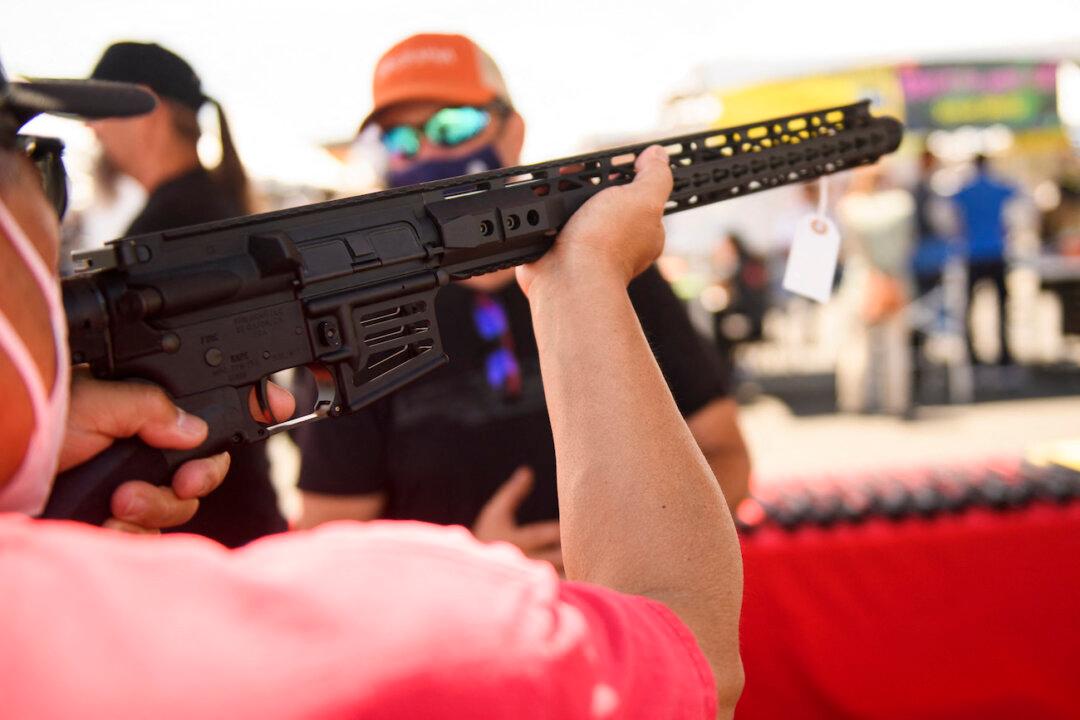Gun sellers and gun owner advocacy groups greeted with cynicism the recently announced details on the federal firearms buyback program, saying no price is high enough for firearms they shouldn’t be required to surrender in the first place.
On July 28, Public Safety Canada issued a price list on how much owners of banned assault-style firearms could expect to receive under the mandatory program. A Swiss Arms SG550 assault rifle would fetch $6,209, while an AR-15 rifle would fetch $1,337. These are but two of over 1,500 models and variants of previously legal “assault-style” guns that the feds will no longer allow citizens to possess.





